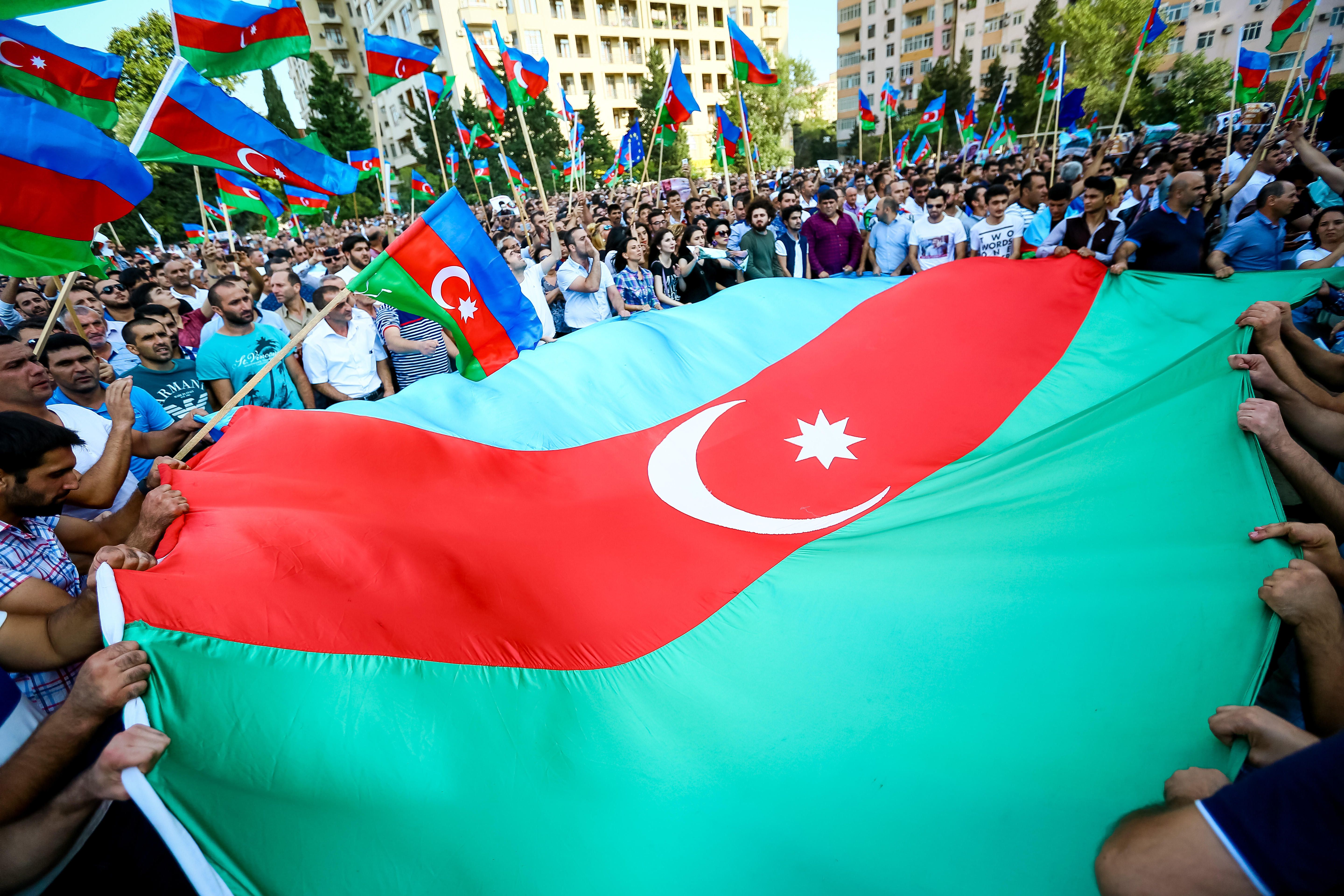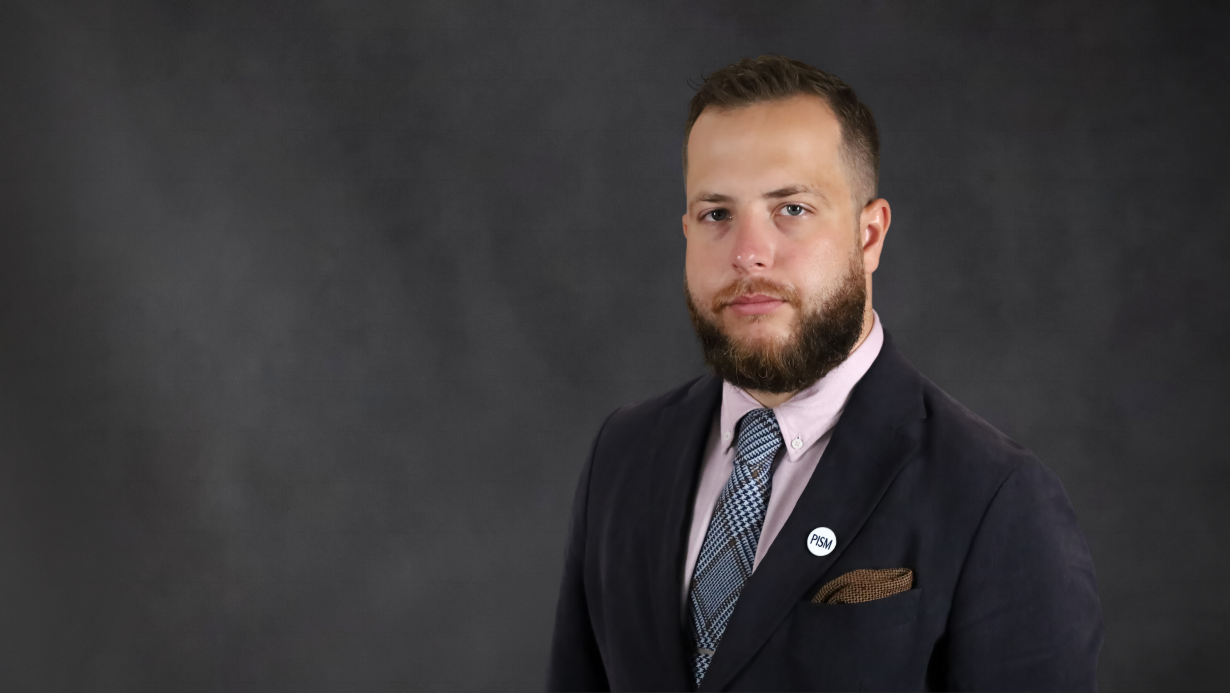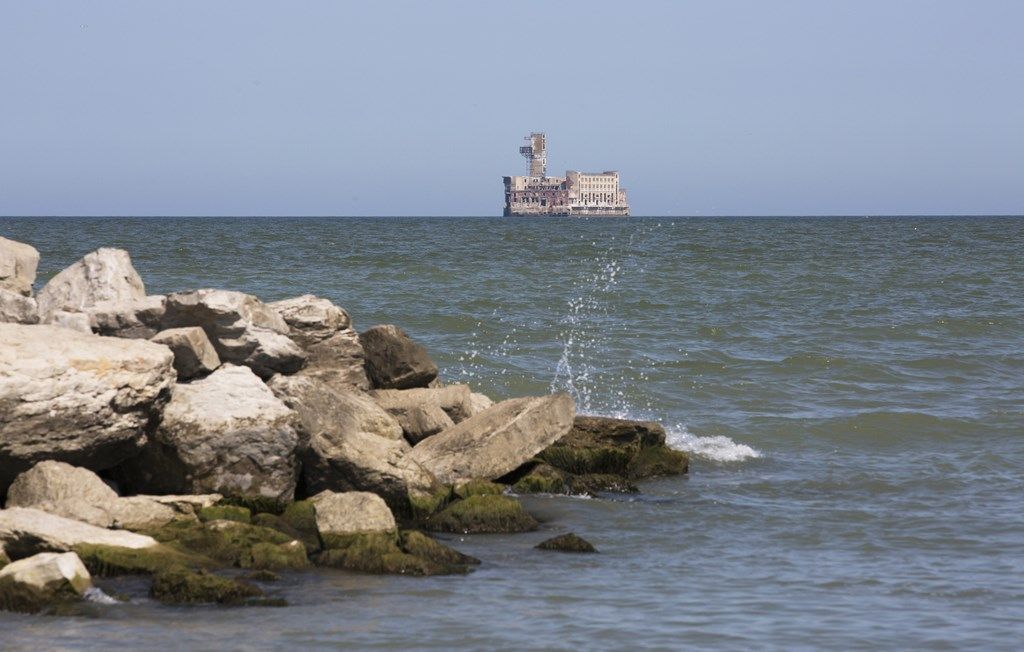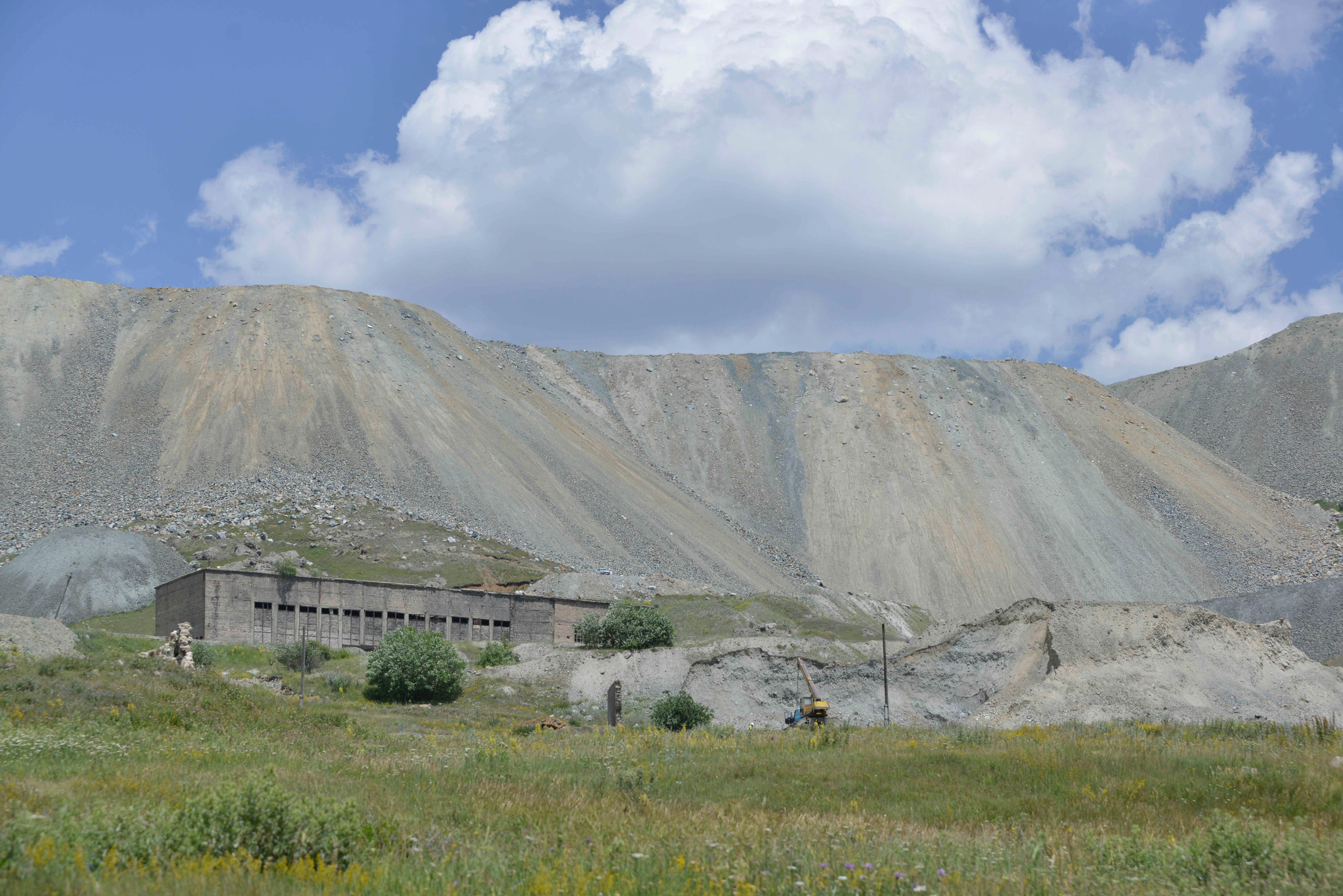Reshuffle in Azerbaijan: Effects on Internal and Foreign Policy

Internal Policy
Aliyev, who has been in power since 2003, initiated the reshuffle in the state administration in 2016 to strengthen his wife’s role and potential to succeed him, and to ensure the security of his immediate family. The changes in staffing were also dictated by the need to streamline the administration because of the economic crisis caused by the fall of oil prices since 2014 (revenues from oil and gas exports account for 45% of the country’s GDP).
The exchange of personnel in the administration was initiated by political reforms in 2016 initiated by the vice president’s office, to which Aliyev appointed his wife in 2017. By using her position and personal influence on the president, Mehriban Aliyeva has increased the influence of her Pashayev clan (an informal political and business faction) together with the Aliyev clan forming the “ruling family”.
As part of the personnel changes, President Aliyev employed young, apolitical technocrats educated abroad. The Pashayevs support the changes and are using them to fill key positions in local administration and central offices with its associates, and taking over promising business sectors (e.g., construction, insurance, tourism). Some of the older generation of politicians who came from the Aliyev clan and were associated with the previous president, Heydar Aliyev, who ruled in 1995–2003, were removed from their positions, including Ramiz Mehdiyev, the head of the presidential administration in 1995–2019. The culmination of the changes was the parliamentary elections in February. The OSCE deemed these elections, like all previous ones, as undemocratic. According to the official results, the president’s New Azerbaijan Party—ruling since 1996 and controlled by Aliyev—won. The elections allowed for the introduction of younger representatives into parliament and constituted a test of the public’s mood while also officially renewing the parliament’s and government’s legitimacy. Despite the growing importance of the vice president and the Pashayev clan, the Aliyevs remain the strongest clan, maintaining, among others, control of the government. In October 2019, a member of the clan, Ali Asadov, became prime minister.
The changes in the administration were carried out from above, without public consultations, and were based on decisions made within the ruling family. This strengthened the authoritarian character of the regime and did not create additional mechanisms to defuse social discontent except for the instrumentalisation of the conflict with Armenia over Nagorno-Karabakh (NK). In the absence of prospects for the conflict’s resolution, it remains both an instrument of social consolidation for the authorities and a source of pressure from society demanding its settlement.
Foreign Policy
The changes in the power elite will result in a correction of foreign policy, the main goal of which will be to provide sufficient revenues for the stable functioning of the regime. Azerbaijan has limited its diplomacy priorities to economic issues, such as the construction of energy connections and transport corridors that use the transit potential of the state, withdrawing from closer cooperation with the EU. These projects are to be implemented in cooperation with regional partners that do not demand Azerbaijan make internal reforms or call for political liberalisation.
The development of energy infrastructure under the Southern Gas Corridor (SGC) project is key. The SGC, which will be completed in 2020 with the commissioning of the Trans-Adriatic Pipeline (TAP), is a connection from the Azerbaijani gas deposits in the Caspian Sea to Italy, via the South Caucasus Pipeline (SCP), Trans-Anatolian Pipeline (TANAP) and TAP. Together with the Baku-Tbilisi-Ceyhan oil pipeline and the Baku-Tbilisi-Kars railway line, it strengthens Azerbaijan’s political alliance with Turkey, increases its influence on Georgia (benefiting from transit through its territory), and deepens the regional isolation of Armenia (in connection with the NK conflict). Although the SGC is part of the plans for the development of East-West transport corridors compatible with the Chinese Belt and Road Initiative (BRI), their potential is limited by problems with the legal status of the Caspian Sea due to the 2018 Convention. This hinders Azerbaijan’s participation in Chinese infrastructure projects and intensification of trade with China (currently, 3% of Azerbaijan’s exports and 10% of its imports).
By intensifying cooperation with Russia and Iran, Azerbaijan aims to develop the initiative of the International North-South Transport Corridor (INSTC), which will connect trade routes between Russia, Azerbaijan, and Iran by land, and with India by sea. For the countries involved, INSTC is to counterbalance the Chinese projects in the region, while for Azerbaijan, it is an alternative direction of economic cooperation. However, despite the commissioning of the key Azerbaijani rail link with Iran in 2019, INSTC’s development potential is limited as a result of the restoration of U.S. sanctions on Iran in 2019.
Russian support for Armenia in the NK conflict and the use of the conflict by the Russian authorities to increase political pressure on Azerbaijan remains a challenge for the latter in relations with the former. But the Russian-Armenian alliance allows Azerbaijan to remain distant from the integration initiatives promoted by Russia, such as the Eurasian Economic Union (EAEU) and the Collective Security Treaty Organization (CSTO). Armenia, as a member of both organisations, opposes any potential membership of Azerbaijan in them.
The further strengthening of the authoritarian character of the state also determines a deterioration in Azerbaijan’s relations with the EU. In November 2019, Aliyev stated that Azerbaijan is no longer interested in participating in the Eastern Partnership initiative (EP). The country’s bilateral relations with the EU have already been gradually reduced. This was caused by the crisis in EU-Turkey relations (which deepened among pro-Turkey Azerians the image of the EU as reluctant to welcome Muslims, who constitute 97% of Azerbaijani society) and the lack of the European Union’s involvement in attempts to resolve the conflict over the NK. In relations with the EU, Azerbaijan’s priority is a sectoral partnership in strategic exports of raw materials. EU countries as a whole remain the largest trading partner and recipient of Azeri raw materials (about 55% of trade exchange) and a source of direct investment. Azerbaijan and the EU are close to concluding an Enhanced Partnership and Cooperation Agreement (EPCA), which was initiated in 2017 as a consequence of Azerbaijan’s rejection of the more ambitious Association Agreement (AA).
Conclusions
Mehriban Aliyeva, by strengthening her position, will enable her Pashayev clan to further expand its influence in the state administration and business. However, this does not change the essence of the political system, which remains controlled by the two largest clans with the Aliyevs maintaining the leading role. The top-down nature of the changes strengthens the authoritarian character of the regime and increases the risk of social tensions. A further fall in oil prices will force the authorities to revise the budget, which had assumed oil prices of $45 per barrel and was already burdened with several social packages implemented before this year’s parliamentary elections.
In foreign policy, Azerbaijan will focus on cooperation with partners not interested in compliance with democratic standards and the protection of human rights, such as Turkey, Russia, and Iran. The development of economic cooperation, especially energy projects, will remain a priority. However, Azerbaijan’s regional ambitions will be permanently limited by the unresolved conflict over the NK with Armenia.
For the EU, imports of raw materials will remain the most important area of cooperation with Azerbaijan since it is viewed as an alternative to Russia. However, the Azerbaijani president’s declaration his country will not participate in the EP enforces a need for change in EU policy towards its eastern neighbours and emphasizes the need to formulate dedicated policies towards non-associated EP countries. Although the EU may develop cooperation with Azerbaijan in other areas, such as helping to combat disinformation or increasing its involvement in the NK peace process, this will not contribute to the liberalisation of the Azeri regime.





